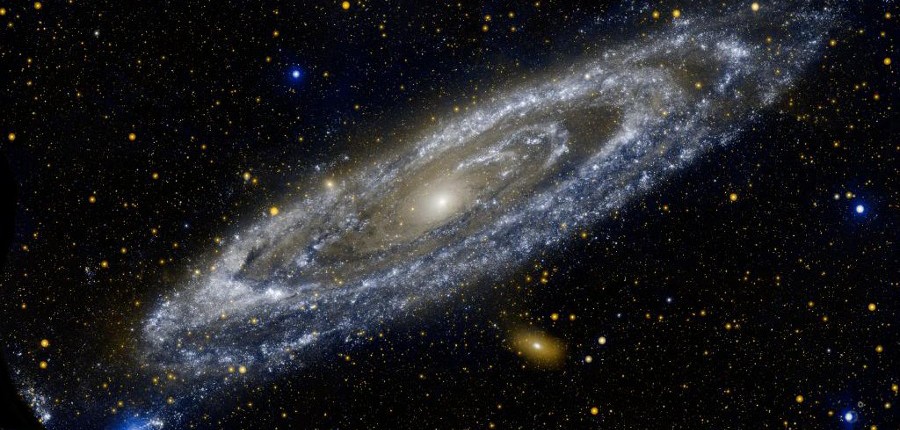Foundational Assumptions
- The Cosmos is a singular, unified, simultaneous entity (a Universe) that can be modeled as such using the field equations of General Relativity. This assumption invokes the existence of a universal frame – the FLRW metric, which is antithetical to the foundational premise of Relativity Theory, that a universal frame does not exist. Solving the equations of GR for a universal frame is an oxymoronic exercise. The existence of a universal frame is impossible to empirically verify.
- The cause of the observed cosmological redshift is some form of recessional velocity. A recessional velocity produces a redshift, but not all redshifts are caused by recessional velocities. There is no empirical evidence supporting this assumption.
Consequent Supporting Hypotheses
- The model Universe had a singular origin – the Big Bang event. The Big Bang is not an observed component of the Cosmos. It is only a model dependent inference.
- Subsequent to the Big Bang event, the model Universe underwent an Inflation event driven by an inflaton field. Neither the Inflation event nor the inflaton field are observed components of the Cosmos. They constitute a model dependent hypothesis necessary to reconcile the model with observations.
- The Universe is expanding because spacetime is expanding and driving the galaxies apart. There is no evidence for the existence of a substantival spacetime, that is, for the existence of a spacetime that can interact causally with matter and energy. A substantival spacetime, one that can drive the galaxies apart, is not an observed component of the Cosmos.
- Dark Matter comprises @ 85% of the total matter content of the model Universe. The only salient characteristic of Dark Matter is that it reconciles the standard model with observations. Dark Matter is not an observed component of the Cosmos.
- Dark Energy comprises @ 69% of the matter-energy content of the model Universe. The only salient characteristic of Dark Energy is that it reconciles the standard model with observations. Dark Energy is not an observed component of the Cosmos

And at a more basic level these ideas assume the universal validity of Reductionism: the idea that a very complex system can be understood by knowing the laws that its elementary components follow.
But this have been disproved mathematically as Complexity is a source of incompleteness; or in other words Complex systems will exhibit new irreducible properties.
Galaxies rotational speeds and biological systems are two examples showing the limitations of naive Reductionism.
Yes, blind reductionism is a problem in modern theoretical physics. Another way of thinking about it: There are scale-dependent phenomena such as gravitational or quantum effects that are not found at all scales. The fruitless search for a quantum theory of gravity, for instance, can be criticized in either light, as a failure to grasp the limits of reductionism or of scale-dependence.